The 10 most common questions about food and acne
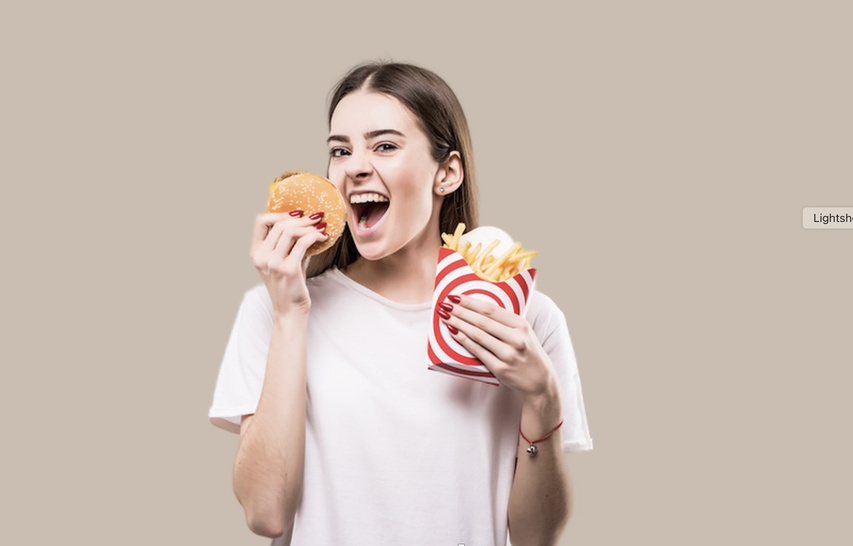
Questions about the relationship between food and acne are among the most common concerns for those with acne. Here, we address ten frequently asked questions and provide up-to-date insights into diet and acne management.
1. Does Sugar Cause Acne?
Yes, sugar can contribute to acne breakouts. Foods high in sugar and refined carbohydrates, like white bread, candy, and sodas, quickly break down into glucose, causing insulin spikes that increase sebum production and inflammation, both of which are linked to acne. Avoiding high-sugar foods and opting for low-glycemic alternatives like fruits and vegetables can help.
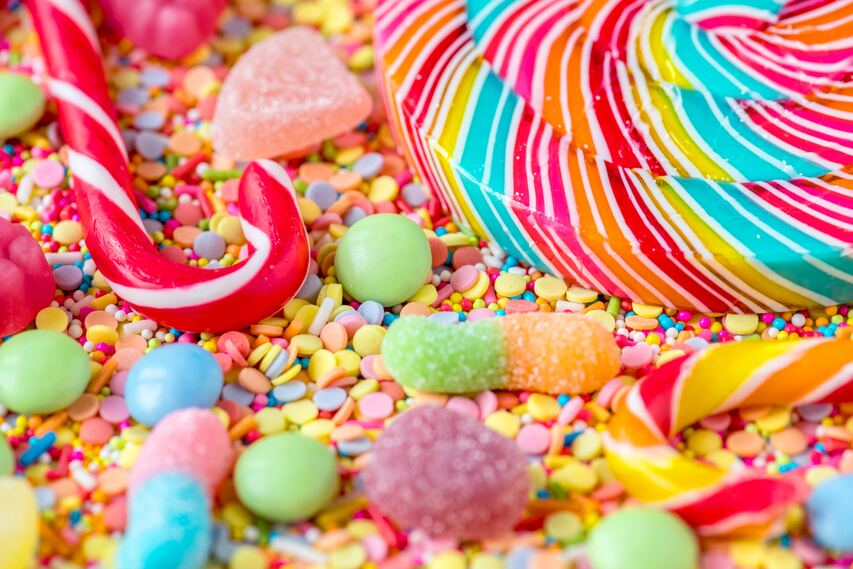
2. Is Bacon Bad for Acne?
Though there’s no definitive proof, bacon and other processed meats contain nitrates, sulfates, and sodium, which increase inflammation and may worsen acne. Reducing processed meat intake could benefit acne-prone skin.
3. What Are Good Dairy Alternatives for Acne-Prone Skin?
Dairy, especially cow’s milk, can exacerbate acne by causing insulin spikes and introducing growth hormones. Try almond, rice, coconut, hemp, or soy milk as alternatives, as these are less likely to trigger breakouts.
4. Can Seafood Cause Acne Breakouts?
Shellfish like shrimp and crab are high in iodine, which can trigger breakouts in some people. Instead, consider omega-3-rich fish such as salmon and trout, which can reduce inflammation and support skin health.
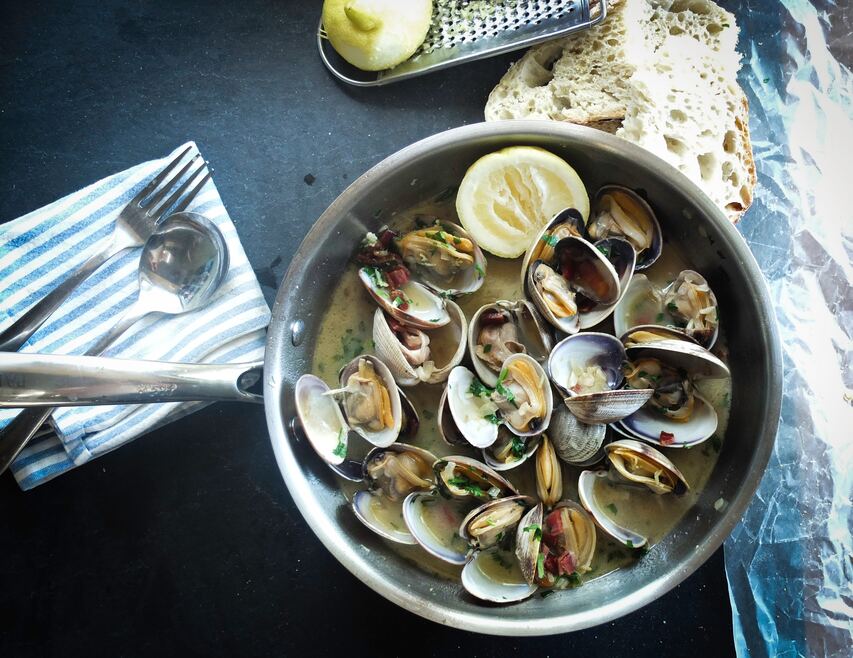
5. Does Chocolate Affect Acne?
Cocoa itself doesn’t cause acne and even contains antioxidants beneficial to the skin. However, many chocolate products contain sugar and milk, which can aggravate acne. For acne-friendly options, look for chocolate with at least 70% cocoa and low sugar content.
6. Is Orange Juice Bad for Acne?
Yes, orange juice can be problematic for acne-prone skin due to its high sugar content, which spikes insulin. Whole oranges are a better alternative as they contain fiber, slowing sugar absorption and reducing insulin spikes. Green smoothies with veggies like broccoli or kale are also excellent for acne-prone skin.
7. Does the Paleo (Caveman) Diet Help Acne?
The Paleo diet can be beneficial for acne-prone skin. It emphasizes low-glycemic foods and excludes sugar, white flour, and processed foods. Adding plenty of water, reducing dairy, and maintaining this diet can support clearer skin.
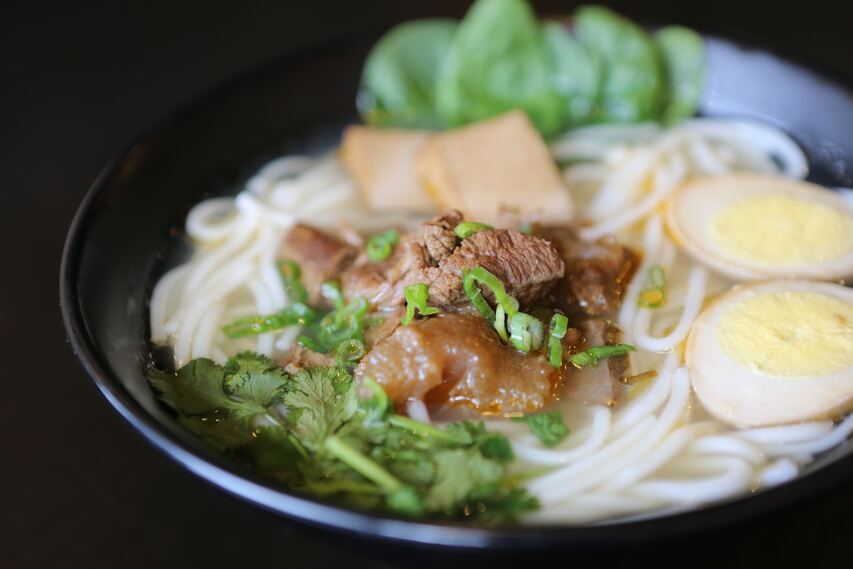
8. Can Salt and Iodine Cause Acne?
Yes, iodized salt and foods high in iodine, like kelp, seaweed, and salty snacks, can cause acne flares. Limiting iodine-rich foods and choosing non-iodized salt may help prevent breakouts.
9. Which Supplements Help Reduce Acne?
Supplements that can support acne-prone skin include:
- Vitamin D: Boosts the immune system, helping fight acne-causing bacteria and regulate oil production.
- Vitamin B5: Promotes skin health and is beneficial if dietary intake is insufficient.
- Zinc: Known to reduce acne and support skin health; zinc supplements (up to 100 mg daily) or foods like pumpkin seeds, roast beef, and wheat germ are excellent sources.
10. What Foods Help Prevent Acne?
Foods that may help prevent acne include:
- Green Tea: Rich in antioxidants, it protects against environmental stressors.
- Omega-3 Rich Foods: Fatty fish, walnuts, and flaxseed reduce inflammation and can improve acne.
- Vegetables: Beta-carotene in orange and red vegetables normalizes oil production, while dark leafy greens and berries provide antioxidants.
- Probiotics: Foods like yogurt, kefir, kimchi, and kombucha support gut health, which may reduce inflammation and help control acne.
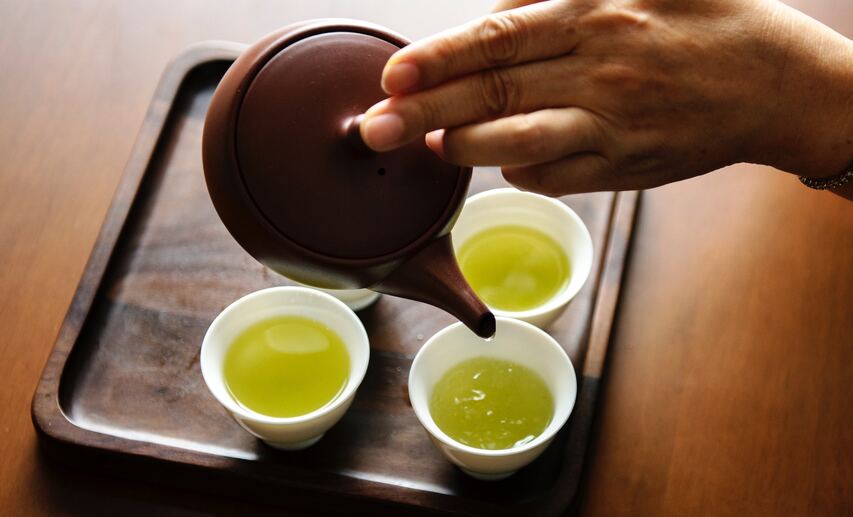
By making mindful dietary choices and incorporating acne-friendly foods and supplements, you can help support clearer skin and reduce the frequency of breakouts.
More on Food and Acne
The best supplements for adult acne
The best supplements for teens with acne
To find the right acne treatments for your unique skin, take the free skin assessment by clicking here.



